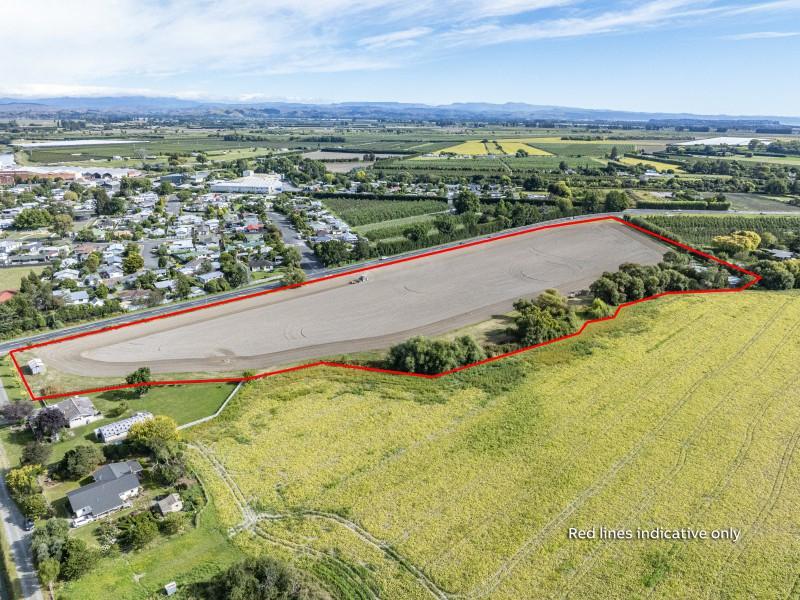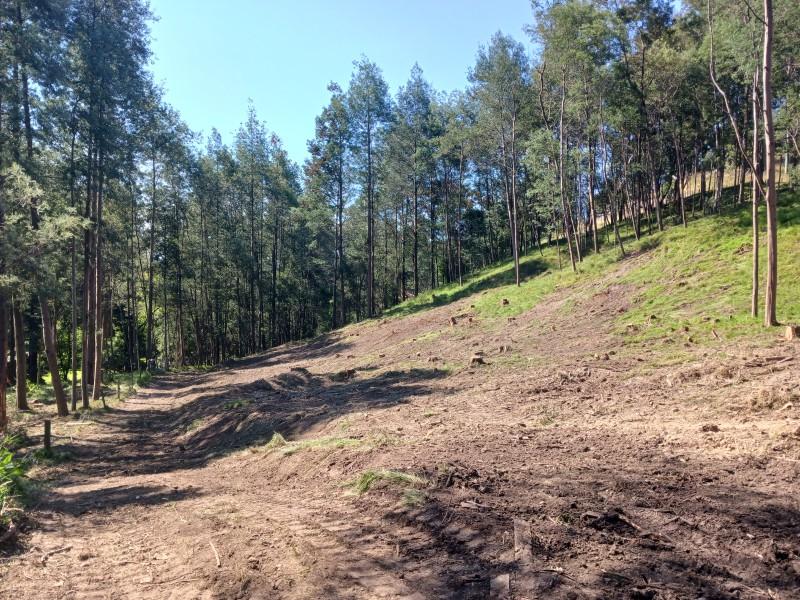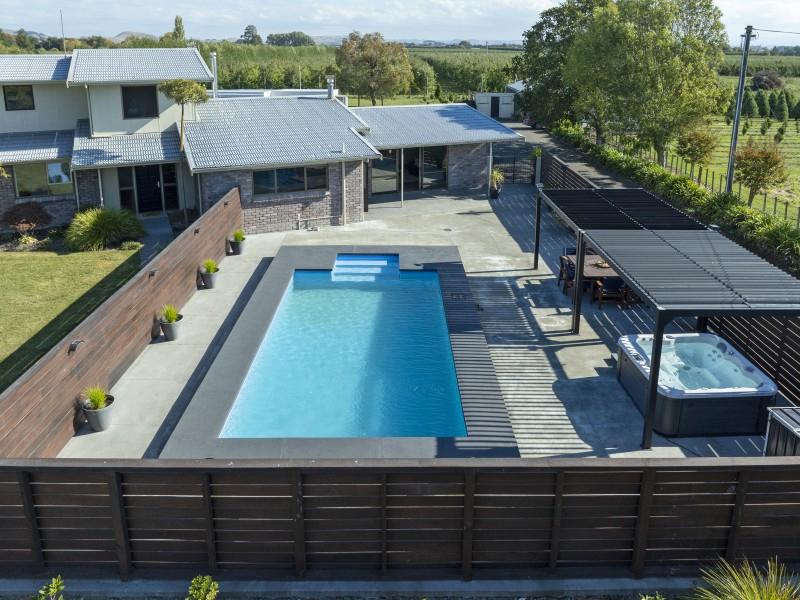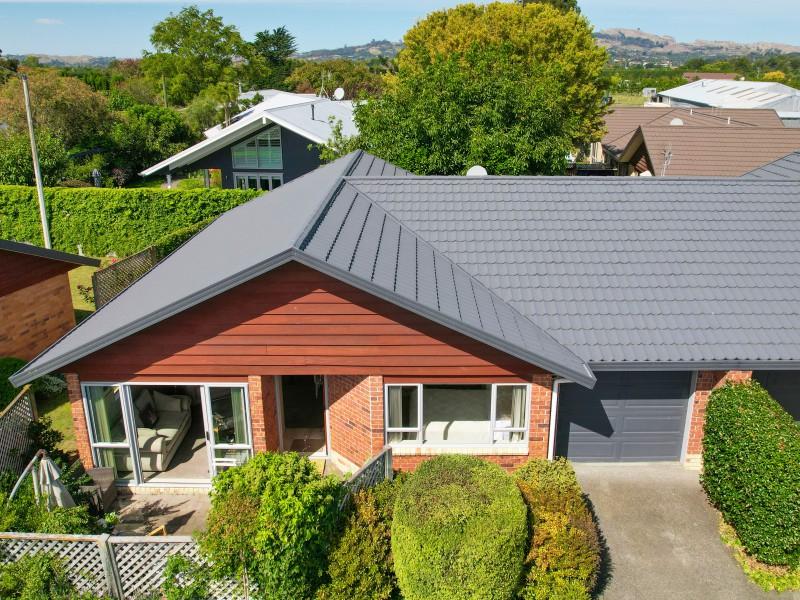Workplace noise and what you need to know
Creating an environment that promotes good auditory health in the workplace is more effective if workers are involved with developing and carrying out solutions. Workers can help to identify risks arising from noise related hazards, and suggest practical ways to eliminate or reduce these risks. This will encourage worker commitment to good hearing health.
Hearing loss is preventable
By adopting noise control measures, and educating and training workers on the importance of wearing hearing protection when exposed to loud noise, good hearing health will become a part of your workplace culture.
Good hearing means good worker health and well-being
A workers health can affect their ability to work safely and productively. Hearing loss has health impacts including reduced productivity, feelings of isolation and exclusion, stress and fatigue. Workers with good health are likely to have higher levels of productivity, are more engaged, and are able to keep working for longer, contributing to the success of your business.
Workplace noise can be harmful to hearing
If workers are exposed to loud noises over a long period of time, the hairs or nerve cells in the inner ear become damaged, and eventually stop responding to sound. This is called noise induced hearing loss (NIHL). Hearing damage can also occur from a sudden loud noise, extended exposure to vibrations from noisy machinery or ototoxic chemicals (chemicals that damage your hearing) found in substances such as paints, thinners, and glues.
Hearing loss is irreversible
Exposure to dangerous noise levels can cause temporary or permanent hearing loss, or tinnitus (a ringing in the ears). Damaged hearing reduces a person's ability to hear high frequency sounds, and some common consonant sounds such as t, k, s, sh and p. This type of damage can't ever be repaired.
Noise induced hearing loss (NIHL)
NIHL resulting from workplace noise affects as many as 100,000 New Zealanders. Noise-related injuries are most common in the manufacturing and construction sectors, and in male-dominated industries. Around 30% of all workers in New Zealand are exposed to loud noise at work at least 25% of the time.
Hearing Protection Programme
Setting up a hearing protection programme in your workplace can help to manage noise related risks, and protect the health of your workers.
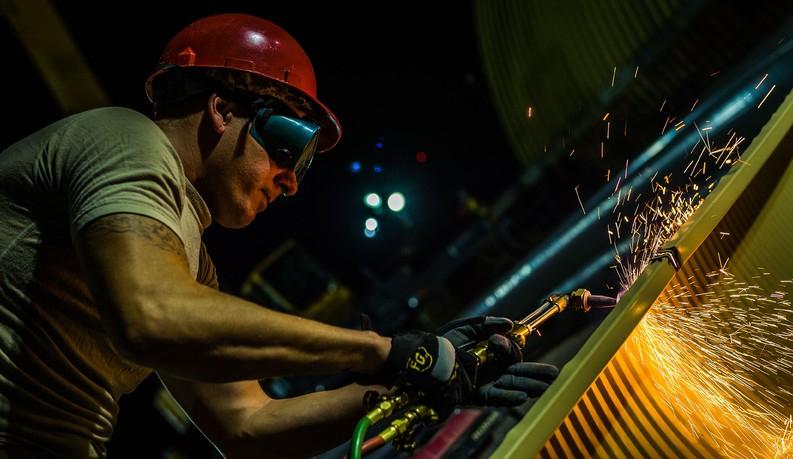
Poll: Does the building consent process need to change?
We definitely need homes that are fit to live in but there are often frustrations when it comes to getting consent to modify your own home.
Do you think changes need made to the current process for building consent? Share your thoughts below.
Type 'Not For Print' if you wish your comments to be excluded from the Conversations column of your local paper.
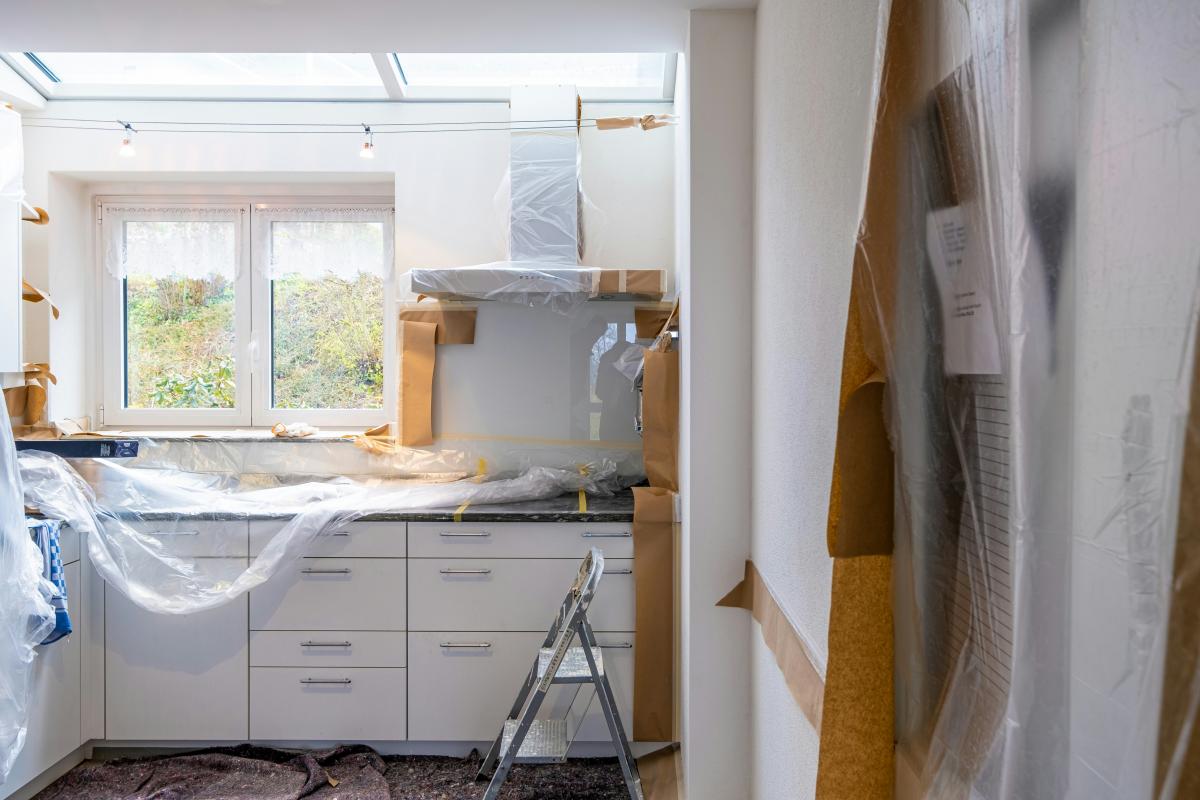
-
91.7% Yes
-
8% No
-
0.3% Other - I'll share below!
Knowledge Bank
The Volunteers of Hawke’s Bay Knowledge Bank would like to reassure the public that despite recent publicity, we are still fully operating as usual.
We are continuing to receive large and small collections from many different people, groups and organisations, enabling us to digitise them with upgraded and more efficient equipment. Please keep the collections coming. We are always grateful to receive them on loan, then
upon completion all items will be returned to you.
Our digital archives are large and of significant importance to the region. Our operations are fully funded and we are currently taking on additional work, such as recording as much as possible of the Cyclone Gabrielle event – photos, stories, documents etc. In a funded joint project, Radio Hawke’s Bay will also be recording verbal information. This will be a long-term undertaking as we expect a lot more information will come over the next few years.
Our volunteers continue to increase their skills, and we are in the process of expanding our valuable operations to other areas, being Central Hawke’s Bay, Taradale and Wairoa.
Please contact us if you would like to be involved in this very worthy enterprise – we have plenty of spaces for additional volunteers. Bring your own skills or learn new skills, and join us in completing our many and varied projects. Digital, transcribing, proofreading or online
research skills will enable more projects to be undertaken. In fact, we would be happy to double our current volunteer base of around 80 people, including distance volunteers, as we have much to do. The flexibility to spend as much, or as little, time as suits you (on-site or
off-site) is a great advantage.
So, if you too, fancy a well-organised community operation that will increase your current skills and teach you new skills, whilst achieving valuable and meaningful work in the company of others or from a distance, then call Linda today, 06 833-5333.
Thank you from the Volunteers of Knowledge Bank, located in Stoneycroft, Omahu Road,
Hastings.
Consultation on Hastings draft Long Term Plan 2024-2034 is now open.
To see the impact the proposed rate increase would have on your property go to www.hastingsdc.govt.nz...
Then go to www.myvoicemychoice.co.nz... for more information and give us your feedback.
More ways to have your say: Hard copies of the consultation document and a feedback form are being posted to all properties over the coming fortnight, or people can view the document and give feedback at one of the Hastings libraries (Hastings, Havelock North, Flaxmere), or at the council customer service centre on Lyndon Road.

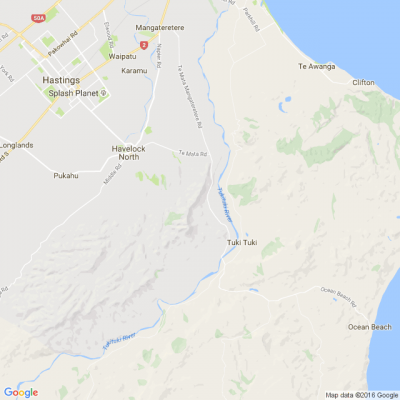
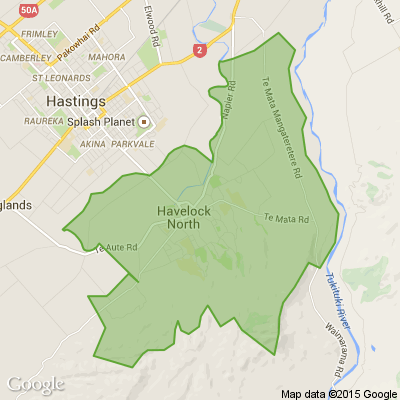




 Loading…
Loading…